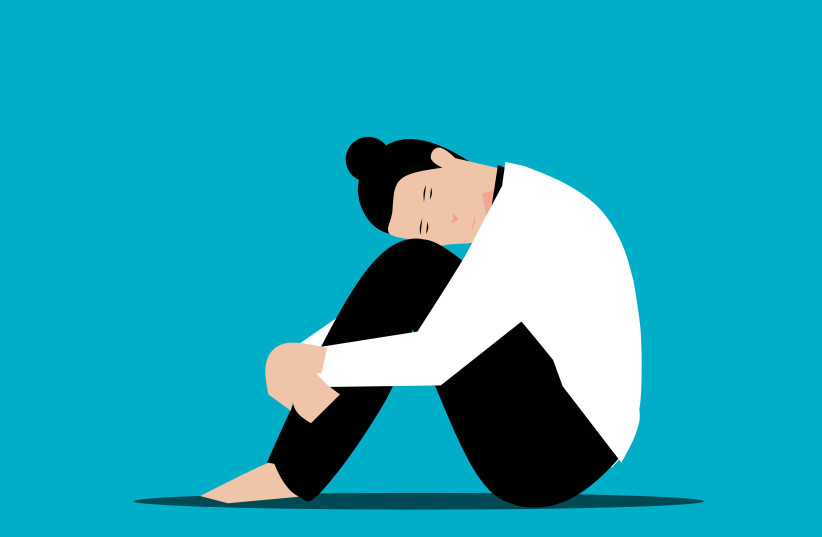Frequently watching YouTube can increase feelings of loneliness, anxiety and depression, a new study has found.
In the peer-reviewed study published in the journal MDPI, researchers aimed to understand the positive and negative consequences for mental health when using the popular video streaming service.
Who is most affected?
Youtube most negatively affected individuals aged under 29-years-old who regularly watched content on other people’s lives.
Dr. Luke Balcombe, one of the authors of the study, expressed that it is potentially concerning how content creators have a parasocial relationship with their followers. Despite the potential concern, Balcombe explained that there are some positive or neutral benefits to the close relationship between watcher and the watched.
“These online ‘relationships’ can fill a gap for people who, for example, have social anxiety; however it can exacerbate their issues when they don't engage in face-to-face interactions, which are especially important in developmental years,” Balcombe clarified.

The researchers found that people who were already vulnerable to depression, anxiety or loneliness were more deeply impacted by use of the platform.
“YouTube is increasingly used for mental health purposes, mainly for information seeking or sharing and many digital mental health approaches are being tried with varying levels of merit, but with over 10,000 mental health apps currently available, it can be really overwhelming knowing which ones to use, or even which ones to recommend from a practitioner point of view,” the researchers said.
“There is a gap for verified mental health or suicide tools based on a mix of AI-based machine learning, risk modeling and suitably qualified human decisions, but by getting mental health and suicide experts together to verify information from AI, digital mental health interventions could be a very promising solution to support increasing unmet mental health needs.”
How can users avoid the negative impact on their mental health?
“We recommend individuals limit their time on YouTube and seek out other forms of social interaction to combat loneliness and promote positive mental health,” Dr. Balcombe stressed.
“We recommend individuals limit their time on YouTube and seek out other forms of social interaction to combat loneliness and promote positive mental health.”
Luke Balcombe
Balcombe added that he recommends that parents monitor their children’s use of the platform to ensure that they are not spending too much time on YouTube and are only consuming positive content.
The researchers insist that not enough is being done to counter suicide-related content being recommended by YouTube’s algorithm. The researchers stated that, while topics relating to suicide should not be available at all, the current algorithm creates a “rabbit hole.”
“With vulnerable children and adolescents who engage in high-frequency use, there could be value in monitoring and intervention through artificial intelligence,” Dr. Balcombe said.
“We’ve explored human–computer interaction issues and proposed a concept for an independent-of-YouTube algorithmic recommendation system which will steer users toward verified positive mental health content or promotions," he added.
